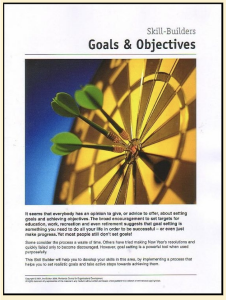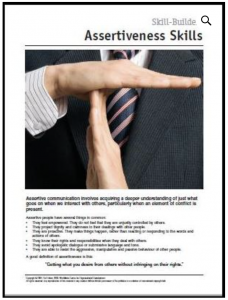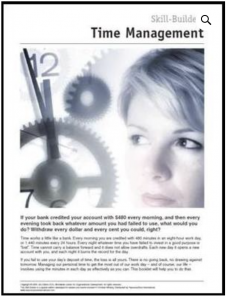This is the time of year when people are thinking about those kinds of things. Realistically, the good intentions that clients have in January begin to lose the feel-good sensation in February. In March, sputter. And let’s face it, they are all but forgotten by Summer.
Spurring Healthy Change

You are in a position to help your clients move good intentions into actions that result in deep change. Support your clients as they continue to reflect on last year and dream of what they envision for the year ahead.
- Ask a series of questions to help them reflect on the primary areas of life like those above. Expand it to the social, financial, recreational. Whatever fits your particular client base.
- Be prepared! Some of your clients will share personal struggles they face and problems that they want and need to confront. This is where careful, non-judgmental listening and asking powerful questions can do the heavy lifting. Resist the temptation to give advice.
- Finish-up by asking about important areas they want to change.
- Move into a more focused planning conversation to flesh-out a plan.
- The achilles heal in moving these good intentions to action is some form of support by way of accountability. Ask your client to design an accountable relationship that will keep them on track. The more you can get out of the role of “accountability partner” and stay in the the coaches seat – the more you empower your clients!
5 questions to ask clients for healthy work-life balance
- How is your spiritual, mental, and physical health today compared to this time last year?
- What changes did you intend to make last year to improve your quality of life? How did it go?
- Do you feel empowered or defeated, proud or ashamed about the state of your health in those three areas?
- What do you wish to change?
- What is your plan to regain balance in your work and life this year?
Here are three articles that focus on each area:
Resources to coach clients on Work-Life Balance
Cover Photo by Denys Nevozhai on Unsplash
Photo by Christophe Hautier on Unsplash



